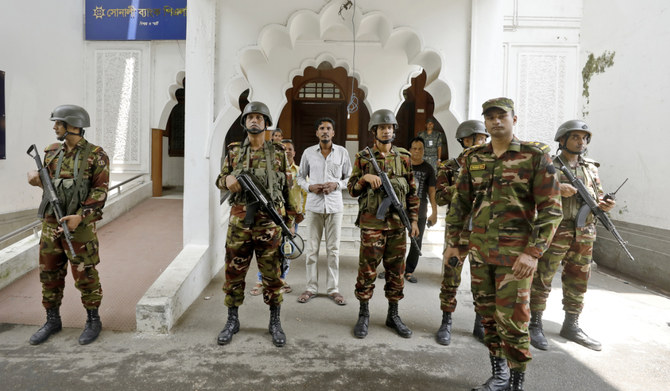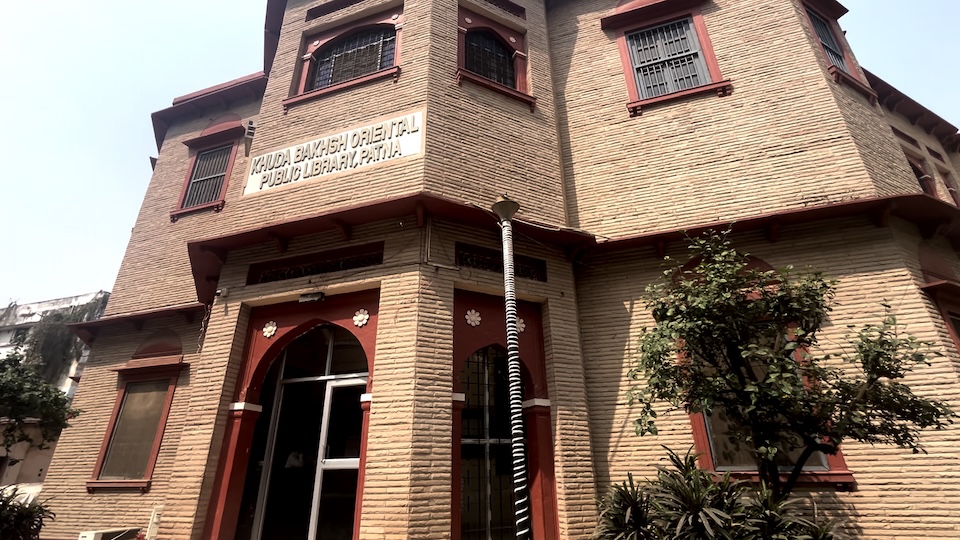WASHINGTON: Some lawmakers in the US Congress have urged sanctions on Bangladeshi officials under Sheikh Hasina who recently quit as prime minister and fled, while the US government has formally welcomed the appointment of a new caretaker government there.
An interim government, led by Nobel Peace laureate Muhammad Yunus, was sworn in on Thursday with the aim of holding elections in the Asian nation.
Bangladesh was engulfed by demonstrations and violence after student protests last month against quotas that reserved a high portion of government jobs for certain groups. The demonstrations escalated into a campaign to oust Hasina, who won a fourth straight term in January in an election which the opposition boycotted and which the US State Department said was not free and fair.
Hasina’s exit came after at least 300 people, many of them students, were killed in a crackdown on demonstrations.
“The Bangladeshi leaders who orchestrated this brutal crackdown must be held accountable, which is why we’re calling upon the administration to sanction General Secretary Quader and Home Affairs Minister Khan, as we continue working to support a peaceful and democratic Bangladesh,” said US Senator Van Hollen, a Democratic member of the Senate Foreign Relations Committee.
The lawmaker referred to Asaduzzaman Khan Kamal, who was Hasina’s home minister, and Obaidul Quader, who was the general secretary of Hasina’s Awami League party.
A letter by Hollen and five other congressional Democrats was sent to US Secretary of State Antony Blinken and Treasury Secretary Janet Yellen, urging sanctions on those officials. The State Department said it did not preview sanction-related actions.
“I welcome the swearing in of Dr. Muhammad Yunus to lead the interim government in Bangladesh. The United States supports his call for calm and peace,” Blinken said separately on social media.
Human rights groups had accused Hasina of using excessive force against protesters, a charge she denied.
Since her departure, the student protests have widened to demand the exit of more officials appointed from her time in office.
Hasina went to New Delhi after leaving Bangladesh, ending her uninterrupted rule of 15 years in the nation of 170 million people.
Hasina’s fall triggered both jubilation and violence. Her official residence was attacked, her father’s statues were brought down and attacks were reported against minorities.


























